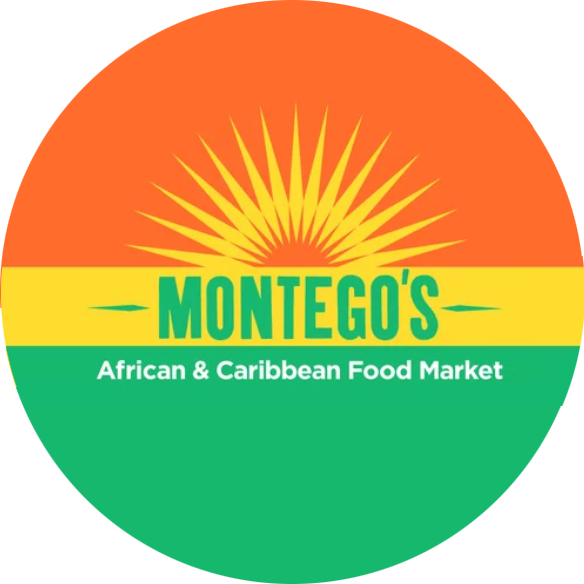
Barbados: Struggles for Independence and the Evolution of Leadership
Share
Barbados, often referred to as the "Gem of the Caribbean," achieved independence from British colonial rule on November 30, 1966. The path to independence was marked by struggles, social change, and the evolution of leadership that shaped Barbados into a sovereign nation.

The struggles for independence in Barbados were driven by a desire to break free from colonial oppression, assert cultural identity, and determine the nation's own destiny. Notable leaders such as Errol Barrow and Tom Adams played pivotal roles in shaping Barbados' path towards independence.

Errol Barrow, the first Prime Minister of Barbados, led the Democratic Labour Party (DLP) and was a staunch advocate for self-determination. His leadership focused on social and economic development, education reform, and the empowerment of the Barbadian people. Barrow's government implemented policies aimed at reducing social inequalities and promoting economic diversification.

Tom Adams, who succeeded Errol Barrow as Prime Minister, continued the nation's progress towards independence and led the Barbados Labour Party (BLP). Adams' leadership emphasized regional integration, international diplomacy, and the modernization of Barbados' infrastructure. His government promoted social welfare programs, healthcare improvements, and economic stability, contributing to Barbados' development as a Caribbean powerhouse.

Barbados' cultural impact extends beyond its pristine beaches and turquoise waters. The island is known for its vibrant music, including calypso and soca, which express the nation's history, struggles, and celebrations.
Crop Over, an annual festival, showcases the rich cultural heritage of Barbados through music, dance, and vibrant costumes. The Bajan dialect, with its unique blend of English, African, and West Indian influences, is an integral part of the island's cultural identity.

Since gaining independence, Barbados has faced various challenges, including economic fluctuations, environmental concerns, and social inequalities. The government has prioritized sustainable development, renewable energy, and climate resilience. Efforts are being made to diversify the economy beyond tourism, with a focus on sectors such as renewable energy, technology, and international business.
Barbados' journey towards independence and the evolution of its leadership have shaped the nation's identity and aspirations. The commitment to democratic values, cultural pride, and social progress guides Barbados' path forward. As Barbados looks towards the future, it aims to build a resilient and inclusive society, fostering innovation, protecting the environment, and ensuring a prosperous nation for generations to come.

